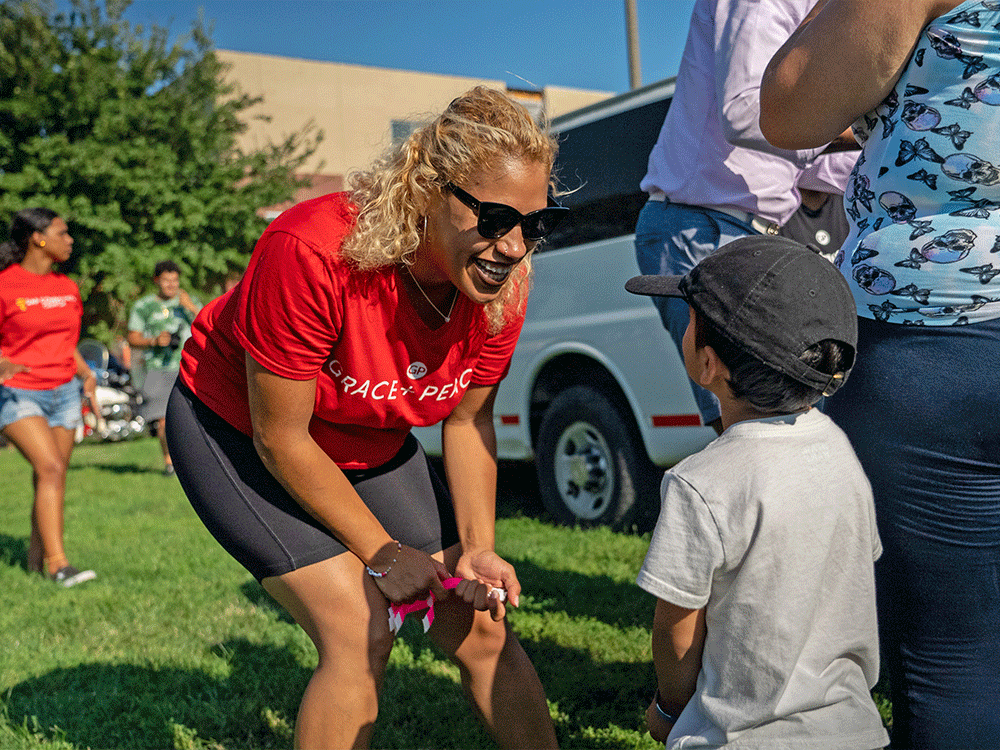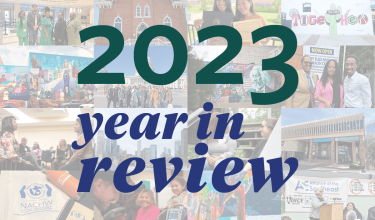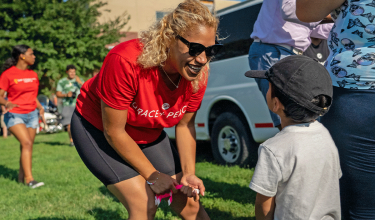Illinois
Building organizing power to advance health equity
Throughout the pandemic, PIH-US convened community-based organizations, departments of public health, local philanthropy, and health care providers from across Chicagoland to share resources, emerging evidence, and best practices to strengthen and inform the COVID-19 response. These alliances between community and public health decision makers now serve as the foundation for longer-term collaboration to address the unmet health and social needs of high-risk communities.
The pandemic highlighted the critical role of community-based organizations in reaching populations on the margins of the health system. As we support our partners to rebuild health and social systems, PIH-US is centering our efforts around this trusted workforce. We are using our local platform to push for the active involvement of community leadership in the design and implementation of philanthropic and government workforce programming, policy, and funding. Through our Community Health Organizer Accelerator, PIH-US is training community organizers to raise awareness of critical services by providing hands-on mentorship and training in advocacy, organizing, public health skill-building, and resource navigation. Organizers will help build the next generation of public health leadership, raise awareness of health concerns in the community, and give community-based organizations and the communities they serve a larger voice in public health planning. And, as we expand our learning community, we are strengthening health literacy and access to our partners and community ambassadors by delivering weekly knowledge sharing, skill training, and community-building events. By investing in diverse community partners and leaders to shift power, improve access to health care, and advance health equity we aim to secure a more just future for the region.

![]() Equipped five community health organizers to raise community awareness of critical services by providing training in advocacy, organizing, public health skill-building, and resource navigation.
Equipped five community health organizers to raise community awareness of critical services by providing training in advocacy, organizing, public health skill-building, and resource navigation.
![]() Hired and trained 13 learning community fellows to support virtual engagement and curriculum planning for the community, while also building their own public health skills.
Hired and trained 13 learning community fellows to support virtual engagement and curriculum planning for the community, while also building their own public health skills.
![]() Convened over 300 professionals from community-based organizations, health departments, philanthropy, and health care to share resources, emerging evidence, and best practices to strengthen the COVID-19 response.
Convened over 300 professionals from community-based organizations, health departments, philanthropy, and health care to share resources, emerging evidence, and best practices to strengthen the COVID-19 response.


